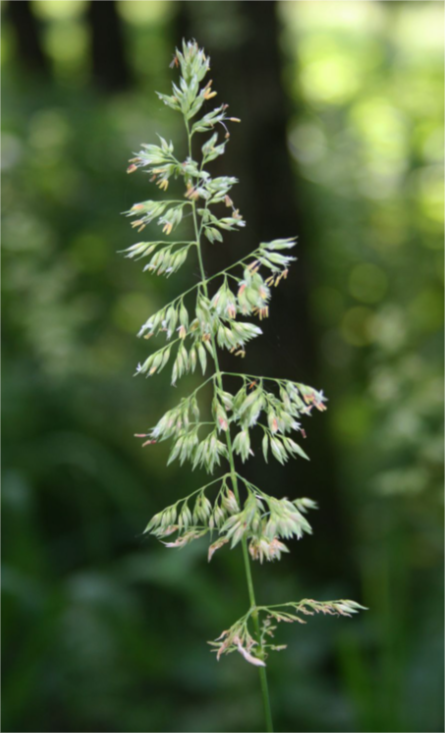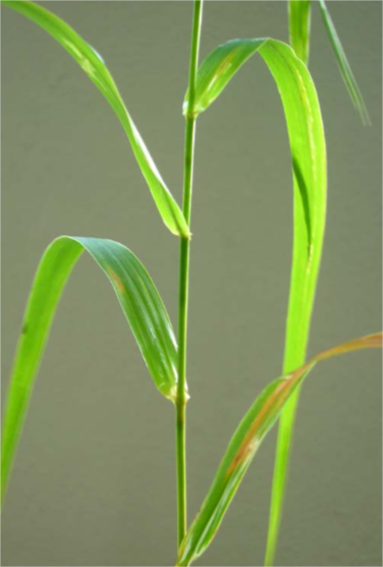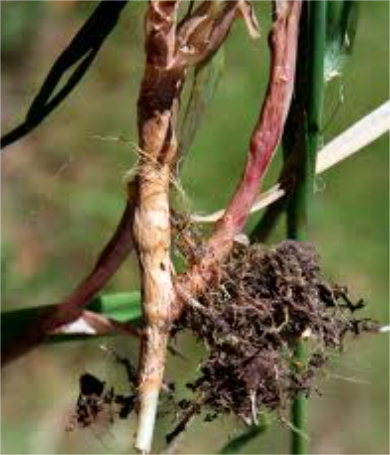Reed Canary Grass
| Reed Canary Grass (Phalaris arundinacea) grows up to 6 ft, prefers well-drained soil, full sun, moderate moisture, and is neither edible nor medicinal. |

Habit
Grass
Height
1-2 m
Growth
Moderate
Soil
Wet, loamy soi
Shade
Full Sun
Moisture
Moderate
Edible
No
Medicinal
No
Origin
Europe, North America
Climatic Condition
Temperate, Wetlands
Temperature (°)
5-25°C
Humidity (%)
50-90
Potting media
Field soil
Fertilizers
Nitrogen-rich fertilizers
Watering
Regular
Plant Weight
500-1000 g
Flowering Time
Spring to Summer
Soil Ph level
5.5 - 7.5
Water Ph level
5.5 - 7.5
Soil EC
1-2 dS/m
Yield Per Plant
4-6 tons/acre
NPK ratio
20:10:10
life Span
Perennial
Health Benefits
Forage, erosion control, biomass production
Suggested Grow Media or Potting Mix ?
|
Suggested Fertigation/Fertilizers
|
Common Diseases and Remedies
Leaf Spot, Powdery Mildew, Rust, Aphid Infestation, Root Rot
Brown or black lesions on leaves, White powdery growth on leaves, Reddish or orange pustules on leaves, Distorted leaves and sticky residue, Wilting and stunted growth
Neem oil, Compost tea, improve air circulation, sulfur spray, Neem oil, insecticidal soap, Improve soil drainage.
Copper-based fungicides, Sulfur-based fungicides, Fungicides with propiconazole, Chemical insecticides, Soil-applied fungicides
HEALTH BENEFITS
· Used for phytoremediation to remove heavy metals from soil.
· Provides fodder for livestock.
· Supports wetland ecosystems by stabilizing soil.

